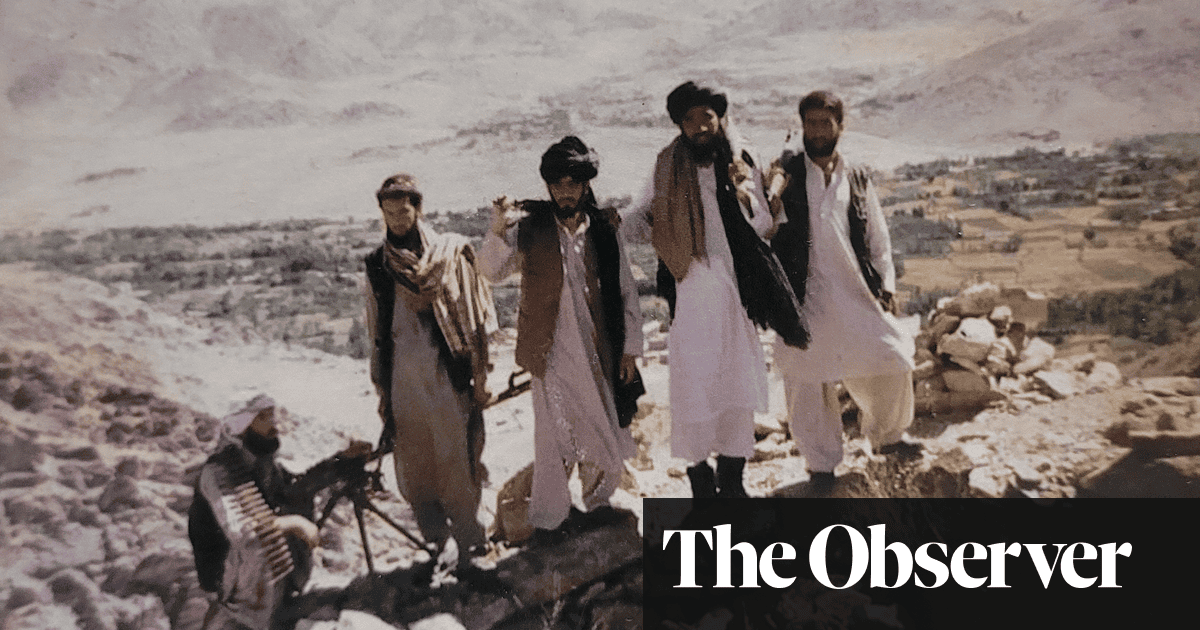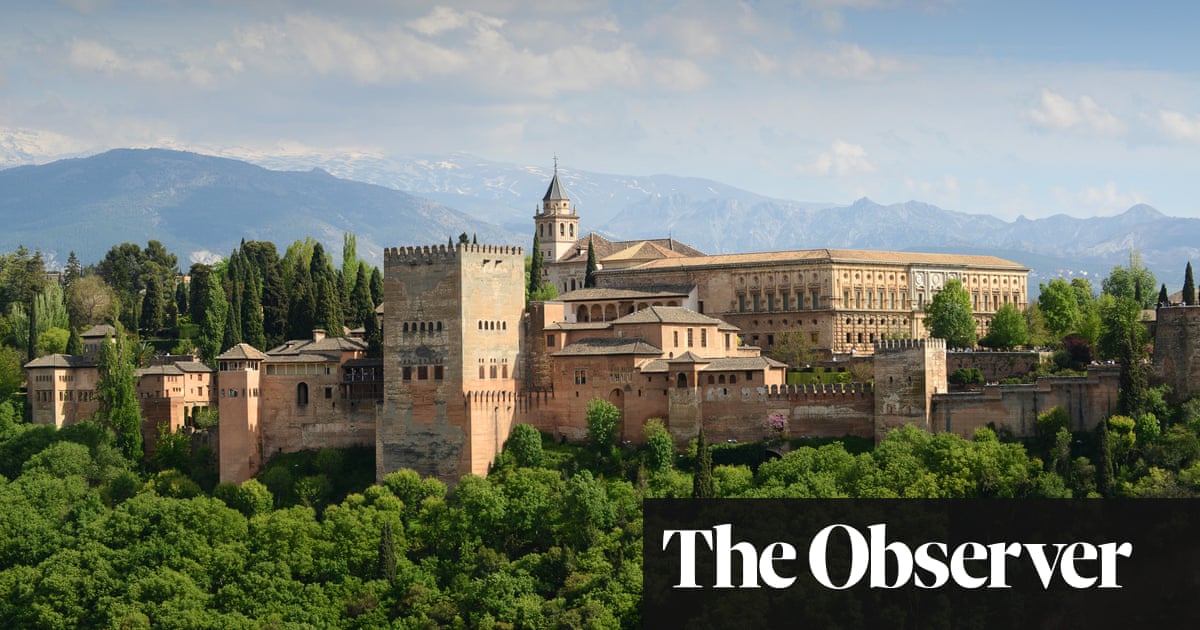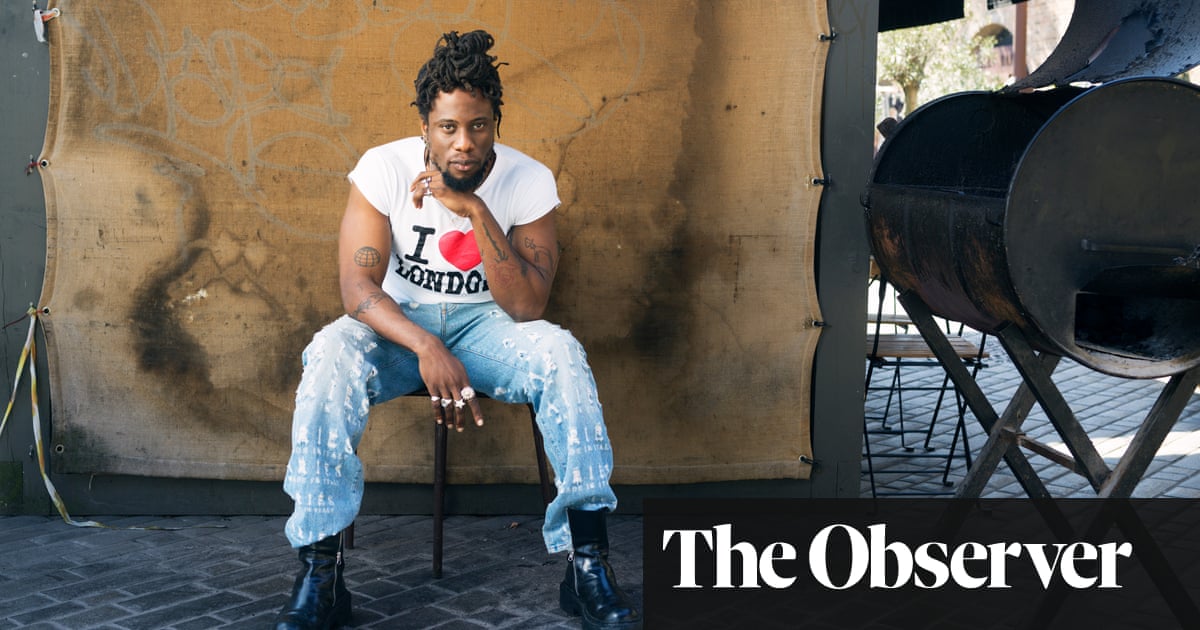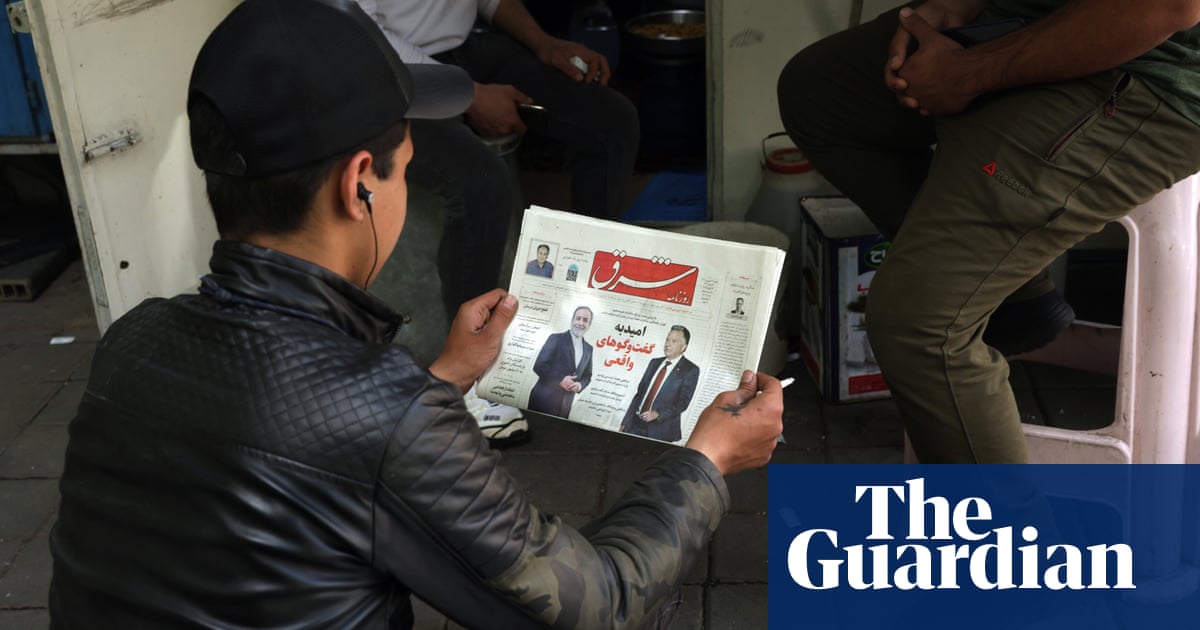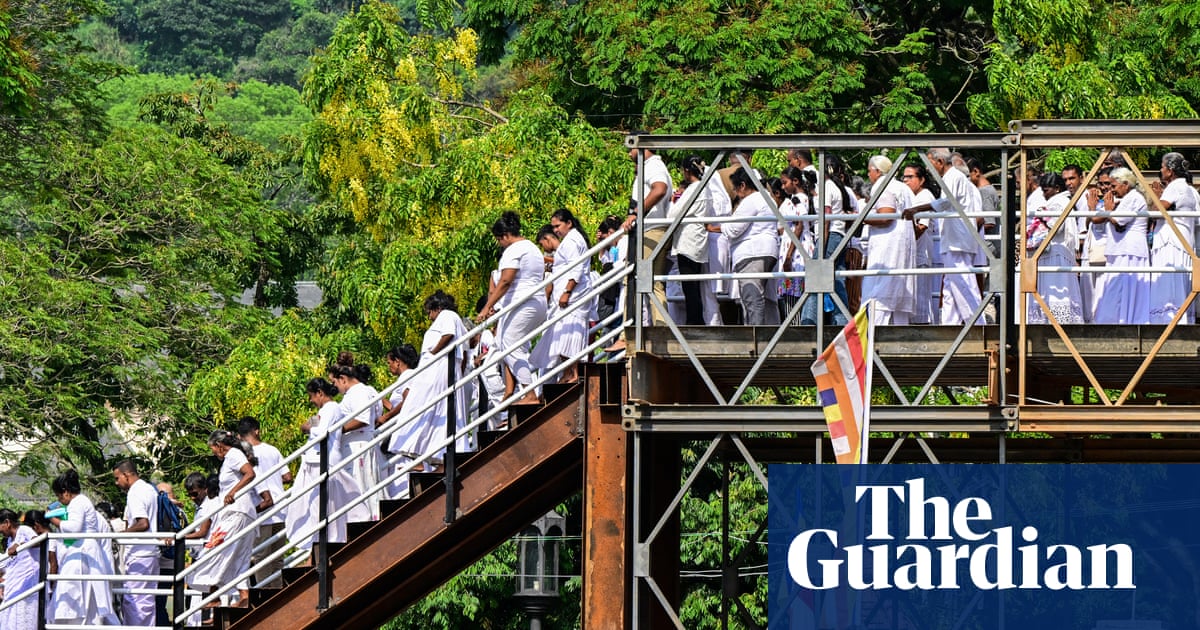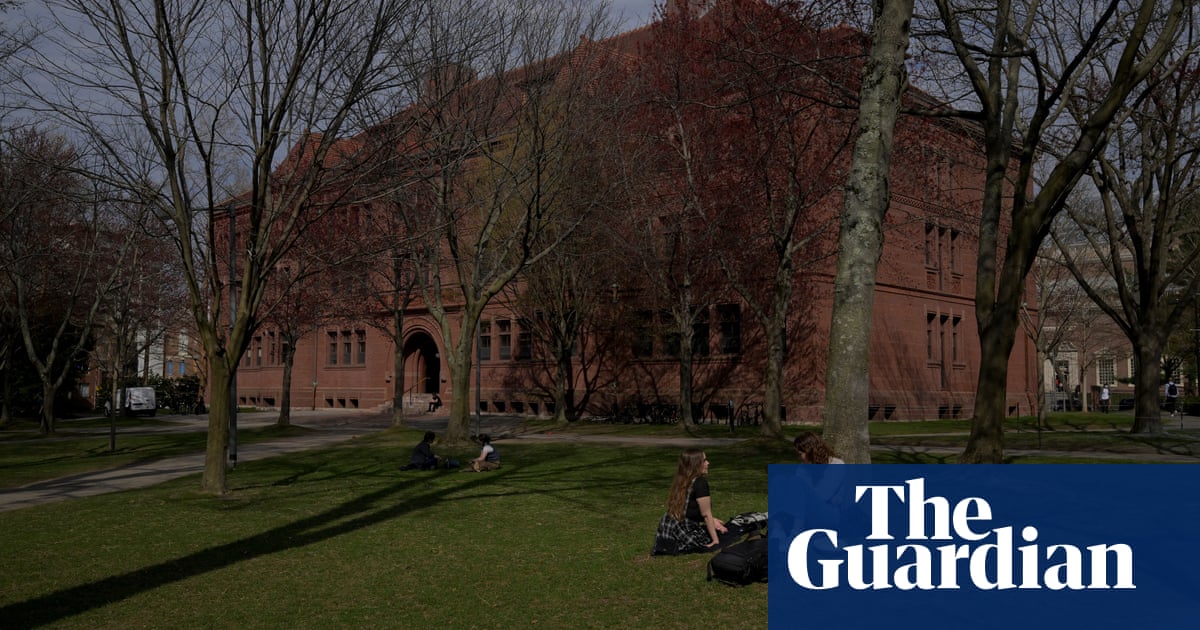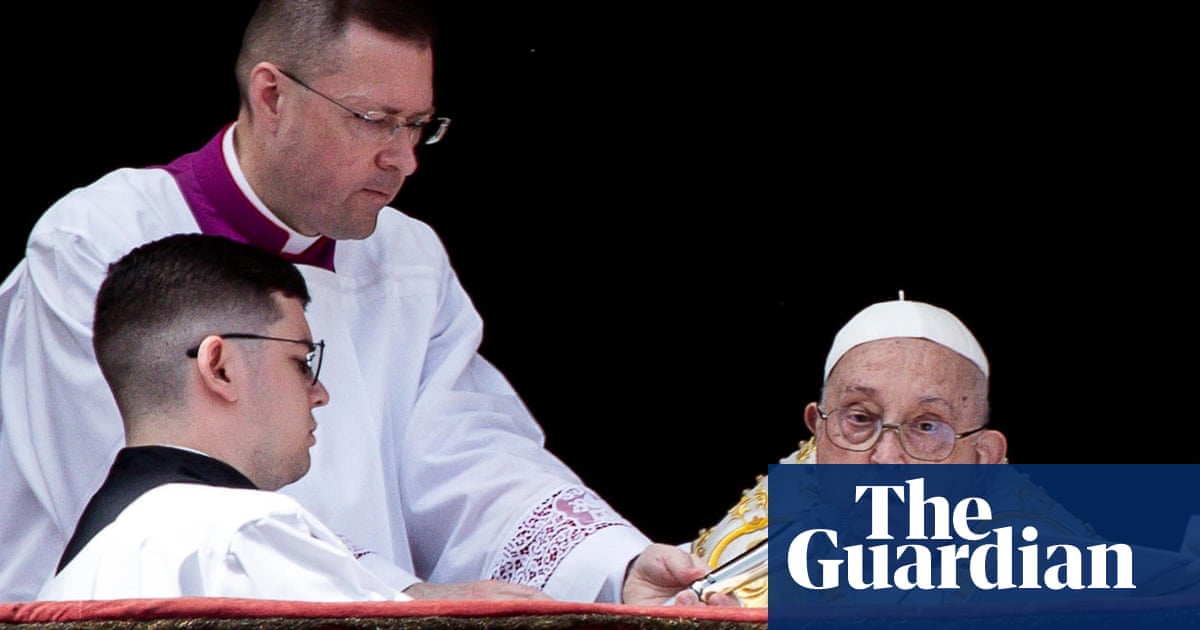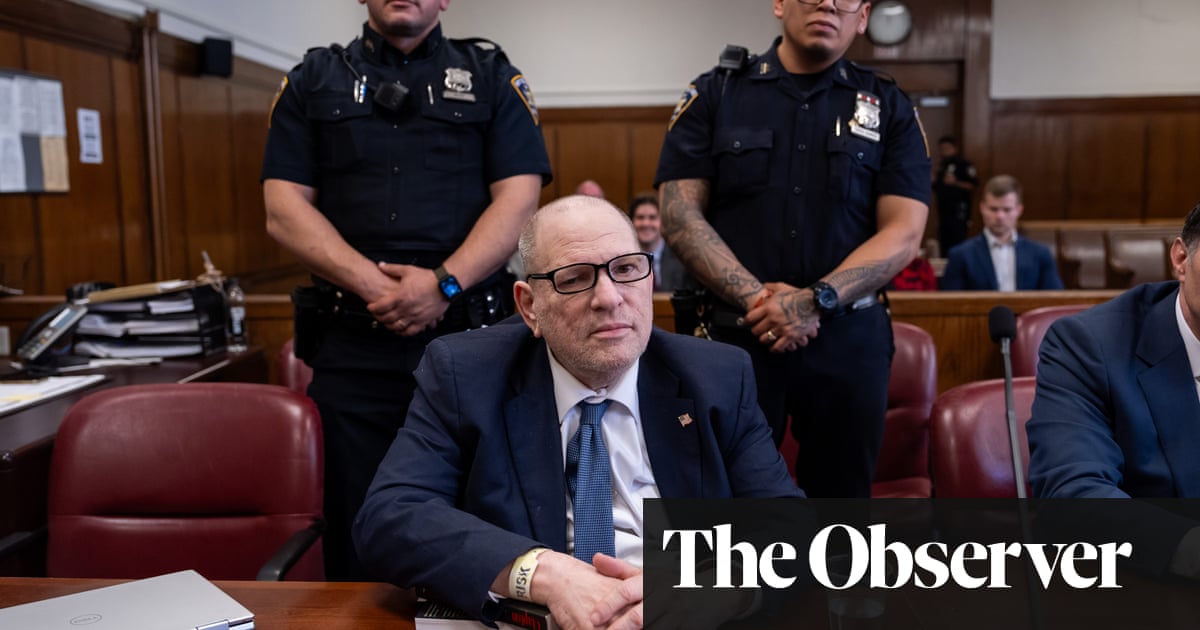The three floors and subterranean prison of the Homs security directorate have loomed over 65-year-old Taha Tadmori’s daily life since he was a teenager. His family often shut their window blinds and doors in an attempt to block out the constant sound of screams and cries of pain from the facility’s basement prison, loud enough to reach their third-floor apartment overlooking it.
The moustachioed man with a gentle smile was 15 when he watched the construction of the neighbouring building that would later terrorise him and other people in Homs.
In the five decades since, the Tadmoris’ apartment that has a direct view of the security directorate and the growing complex around it gave them an unsparing window into the torture and suffocating surveillance that were the hallmarks of the regime of Hafez al-Assad and his son and successor, Bashar.
Its location also meant the officials who detained and forcibly disappeared Tadmori’s brother Firas 12 years ago were their neighbours.
“Flats in this building were cheap – nobody dared to live near these people,” said Taha. “This place instilled constant fear in us.”
Bashar al-Assad was swept from power by an insurgency led by the rebel group Hayat Tahrir al-Sham last month, ending almost 25 years of draconian rule. For people across Syria, the crumbling of Assad’s regime meant an end to life under the all-seeing eyes of his security apparatus.
For Tadmori, it meant the end of the regular appearance of security officials at his door.

Every two months for five decades the knock on the door came. Each time, one or two officials among the hundreds employed in the political security directorate arrived at the Tadmoris’ apartment. The surrounding neighbourhood is majority Sunni muslim, but the officers were almost always from the Alawite sect that Bashar al-Assad leant on to staff the ranks of the security state.
Who lives here, who visits you, and where are your children, they would ask politely, before taking copies of the family’s identity cards and noting the details of anyone who entered their home, down to the personal history of all those who arrived to repair the air conditioning or plumbing.
“Information was a weapon they wielded all the time. They wanted information about everything,” said Tadmori. “It was something that dominated our lives … we were controlled and seen all the time.”
He had to beg doctors to come to the apartment to tend to his ailing mother, as most refused to set foot inside their building once they learned its address, fearing this could lead to their detention.
Sometimes the security officials would shout angrily up to their balcony, insisting they go back inside and shut their windows to avoid seeing the abuses the Tadmoris knew were taking place next door. They were banned from using their roof.
In 2011, Tadmori started to see a terrible new development in the courtyard of the complex, one that meant the officials demanded they close the windows more often. Each Friday, and sometimes more often, buses and even taxis would offload hundreds of terrified passengers, who had pulled their clothes over their heads to avoid being identified, at an entrance to the courtyard.
The Assad regime was just beginning the climax of its repression against its own people, one that focused heavily on crushing protests as well as an uprising centred on the city of Homs.

Tadmori knew some of the younger people who attended his local Al-Furqan mosque – whose pointed minaret is visible from his balcony and the security directorate compound – who would spill out into the street outside each Friday to protest.
“I saw them, but because I feared for my family, my children, I didn’t go with them,” he said, tears in his eyes and admiration in his voice. “They didn’t feel fear. But believe me, every Friday I wept. I knew they would face such dark days.”
Then he saw the crowds in the courtyard. Sometimes there were 50 people, but then the regime began arresting so many they had to crowd people into buses. He recalled sometimes seeing 300 people handcuffed and pushed through the doors of the building to be tortured. When there were too many to fit, he said, some were taken straight to a nearby military prison.
Then in 2013 his brother Firas called to say he had been summoned. “My brother, they want me in the political security building,” he told Taha. Firas’s only crime was working in a building where someone had filmed a video of an anti-government protest in Homs. The security services arrested hundreds inside, including Firas. “I asked him if he did anything wrong, and he said no. I told him it was OK to go, and we would wait here in our apartment for him. We waited the entire night,” he said.
Tadmori and his father went to see the notorious directorate chief, Husam Louka, later sanctioned for torturing dissidents, and asked about Firas. You are our neighbours, Louka said, trying to reassure them, telling the Tadmoris that Firas would be released soon and there was nothing to worry about.
“He was lying,” said Taha. Firas stayed in the complex for two weeks. His family later discovered that he was sent to another nearby military prison in Homs before he was dispatched to a fearsome subterranean facility known as Branch 215 in Damascus.
Firas was never seen again.

The uprising against Assad spiralled into a brutal civil war, with forces loyal to Damascus regularly bombing entire neighbourhoods of Homs. The Tadmoris were spared due to their location, but the visits never ceased. “They took down everything: details of our aunts and uncles, where the rest of our wider family work. They knew everything about my family,” Tadmori said.
In recent years he had developed an almost personal relationship with Abu Abdo, the security official who spied on him. Abu Abdo visited the offices of the family planning organisation where Tadmori worked, and made clear that Tadmori was to provide him with regular updates every time anyone from the United Nations visited, pulling out his phone to scroll through their message exchange on WhatsApp.
Abu Abdo knew so much about the Tadmoris that he remembered distant relatives that Taha had long forgotten. Tadmori recalled with a chuckle how the official once asked about an uncle who moved to Saudi Arabia and died two decades ago.
They last spoke a week before the Assad regime fell. Days later he watched the security officials place sandbags around the complex, bring in metal oil drums, and place dozens of armed men around the building. He feared a battle at the complex loomed.
Instead, he watched the fall of the regime that had terrorised his family from the viewpoint of the same balcony they were often prevented from using. Late on the night of Saturday 7 December, Tadmori watched as the officials who staffed the security directorate began to flee. He stood on the balcony and relished the silence.
His daughters asked him to send videos, he said, but he was too afraid. Instead he walked constantly from the living room – where the television blared news of the insurgent advance to topple Assad – to his balcony, to see what was happening. As news of Assad’s fall trickled in, his neighbours began chanting “god is great” while others showed up to loot the security directorate and attempt to free any prisoners still held inside.

They called up to him to use his hammer to break open the prison doors, he said, finding only one detainee inside. “We don’t know where the rest went,” he said. The new visitors to the security directorate vented their anger at the Assad regime by beheading a statue of his brother Bassel that had long stood on its roof.
Tadmori celebrated from his balcony, but was too afraid to enter the security directorate building, fearing it had been booby-trapped by officials as they fled.
He now hopes it can be rehabilitated by the new government into something useful, and joked that perhaps it could be converted into a school.
The family’s search for Firas after the fall of the regime came to nothing, crushing 12 years of their hopes that he could be found alive in one of the Damascus prisons.
Tadmori doesn’t know where the men he felt obliged to wave to every morning and night have gone, nor does he know where Abu Abdo is. The officials who knew every detail of his family’s lives vanished overnight as the regime crumbled. By chance, he later encountered the familiar face of one security official at a pharmacy in Homs, where the man’s daughter worked. When Tadmori asked what the man was doing in the neighbourhood, he replied that he was checking on his house.
“I embraced him,” said Tadmori. “I wanted to tell him we haven’t done anything to you, but you have done so much to us. Instead, I said: ‘Please say hello to your daughter, I have nothing against you. Now go’.”

 3 months ago
91
3 months ago
91



